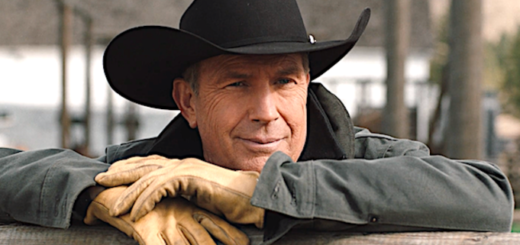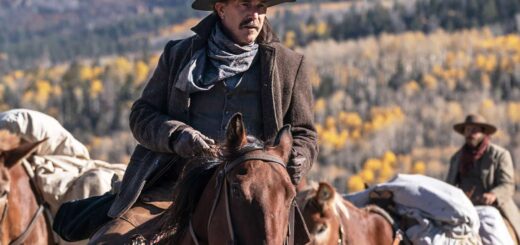Kevin Costner Reveals the Secret Behind His Film Lengths
Kevin Costner’s Love for Epic Filmmaking
Kevin Costner’s directorial filmography makes one thing clear: he has a passion for epics. His debut, Dances with Wolves (1990), runs over three hours, and his 1997 film The Postman is just shy of that mark. After a brief foray with the 139-minute Open Range, he took a two-decade hiatus before returning with the ambitious multi-part project Horizon, where the first two installments exceed six hours in total. So what motivates Costner to create such lengthy films? The answer lies in his admiration for classic cinema.
At a recent History Channel event, Costner explained that watching grand, epic films shaped his cinematic curiosity and influenced his tendency toward longer runtimes. He specifically referenced the 1962 film How the West Was Won, directed by Henry Hathaway, John Ford, and George Marshall, which spans four hours. “It was a 4-hour movie. So it’s no surprise mine are three,” he quipped, also noting George Stevens’ 1956 classic Giant, another three-hour feature.
Both films are celebrated as some of the greatest American westerns, and it’s easy to see why they left a lasting impression on Costner, particularly since Dances with Wolves achieved a milestone that neither of those films did: winning the Best Picture Oscar. While some criticize Costner’s film for overshadowing Martin Scorsese’s Goodfellas, there’s no denying its status as one of the most sweeping narratives of the 1990s. Costner revealed that How the West Was Won captivated him to the point where he refused to leave for intermission. “I wasn’t going to give up my magic seat. I waited for that movie to start again, and when it was over, it marked me,” he recalled.
In the discussion, Costner emphasized the importance of thoroughness in filmmaking, regardless of length. “It doesn’t matter when you make a movie; it’s going to live forever. So it matters what details you include because if you get the details right, the film will remain relevant. That’s what I strive for in my work. It’s not hard to be popular; it’s very difficult to be relevant. I want my life to be relevant…”


